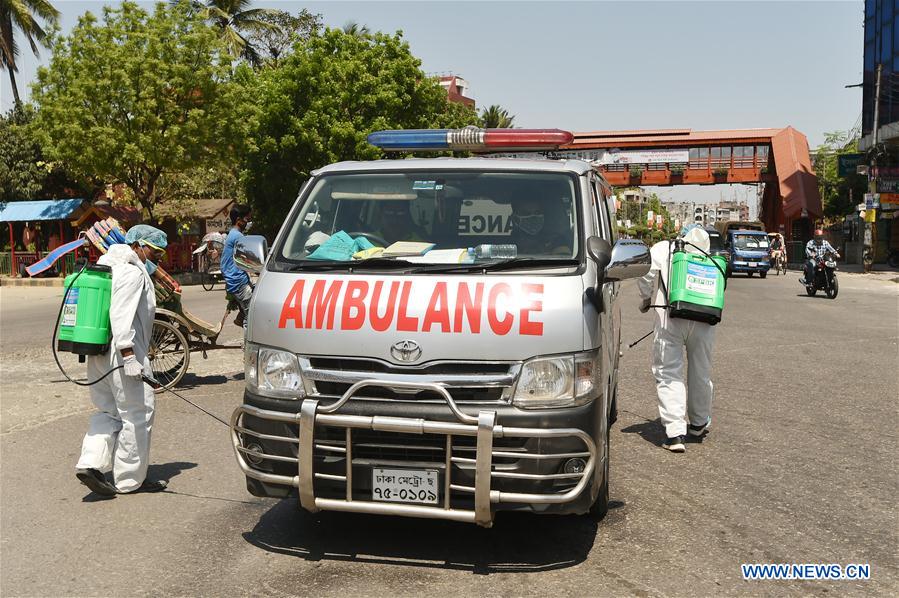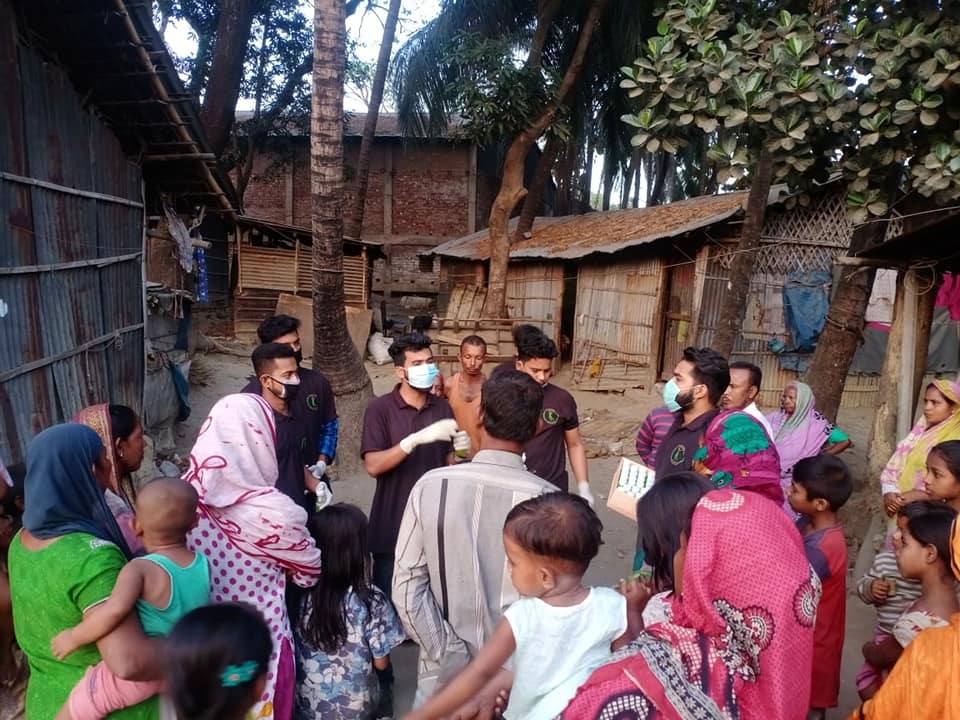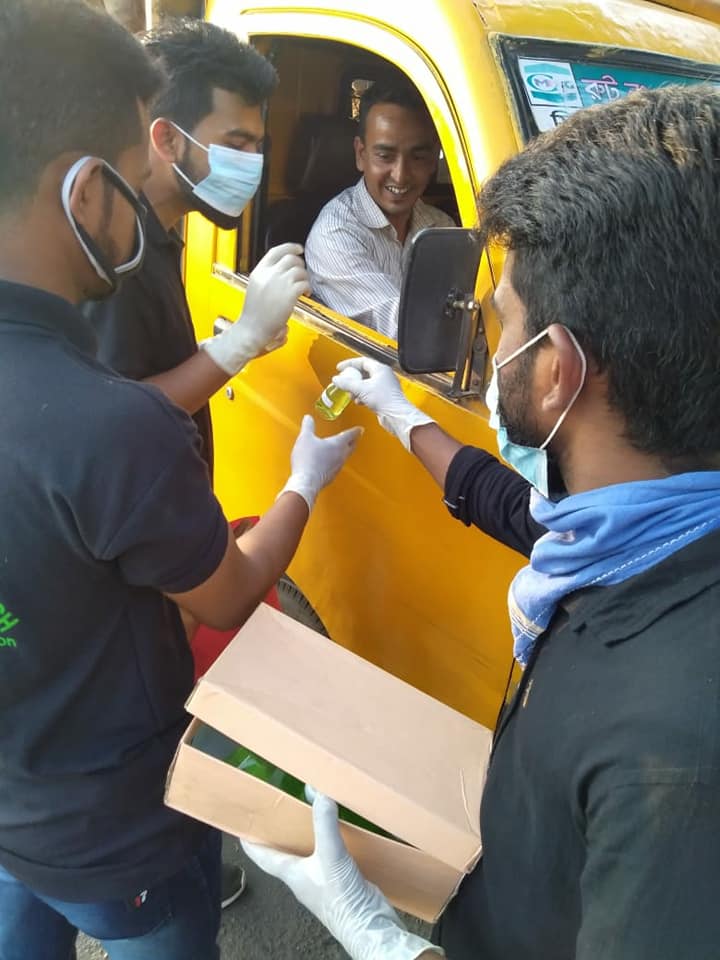
How is Bangladesh handling Covid-19?
Dave Dowland is in the midst of a three year term as Registrar of the Asian University for Women in Bangladesh. AUW is a recently founded international university that offers talented women education and opportunities to enter leadership roles. Here he reports on how Bangladesh is dealing with the current global crisis.

Clerk to the AUA Board of Trustees from 2015 to 2018
Academic Registrar of Solent University
Registrar at Trinity Laban Conservatoire of Music and Dance
The arrival of the army on the streets has had a dramatic impact. The megacities of Bangladesh – Dhaka and Chittagong are habitually a melee of riotously colourful cars, rickshaws, the occasional cow, and motorbikes apparently carrying entire extended families, where crossing the road amounts to a kind of sport with similarities to rugby. Now the cities seem, by comparison, as quiet as an English country town early on Christmas morning. The army was sent to help enforce a national lockdown with borders closed, suspended domestic transport and few international flight options. The crowd control techniques in parts of Asia and Africa can be pretty robust – police and soldiers taking to the streets with sticks and clearing up fast! The underlying concern is that there are 170 million people living here in a country not much bigger than England – as well as hundreds of thousands in the Rohingya refugee camps – and the virus could spread like wildfire, with the health services unable to contain the infection.
Asian University for Women has students from 19 countries and many have returned home to study remotely: it is a fascinating task repatriating students all over Asia and the Middle East. About 40% of the student population is still here, with some unable to return since their homes are in war zones or places of extreme poverty or they just don’t have the resources to study at home. The remaining campus community is in lockdown, including many support staff who have generously moved onto campus for the duration to sleep in classrooms converted into makeshift dorms.












There are many destitute people on the streets and disturbing scenes of suffering accentuated by Coronavirus. There have been urgent appeals from rickshaw drivers in Bangladesh and India for help to avoid starvation. Yet there are some wonderful people here, including young leaders and many university students who are out helping responsibly and thoughtfully, distributing food and protective equipment. These people really care about their beautiful country. They act through their networks bringing resourcefulness and humanity, much of it quite unselfconscious . You can see what a powerful difference individuals can make when they work together for social construction. . Here is a brief tribute by the former Bangladesh Cricket Captain – watch out for the ‘Friend of the Unknown’, the ‘Attender of the Unattended’– Saiful Nasar, who comes from Chittagong – he has his hands full in the local hospitals.
Bangladesh is a plucky, up and coming country that has been bashed by massive natural disasters and conflicts and keeps coming back. It has enjoyed notable economic development although, as elsewhere, the disparities in wealth are striking. Anxiety is palpable on the streets as it is bound to be in the circumstances . It seems, however, that many shrug their shoulders and say ‘here we go again’ and they find ways round with their characteristic resourcefulness.

0 comments on “Global view | How is Bangladesh handling Covid-19? | AUA Blog”